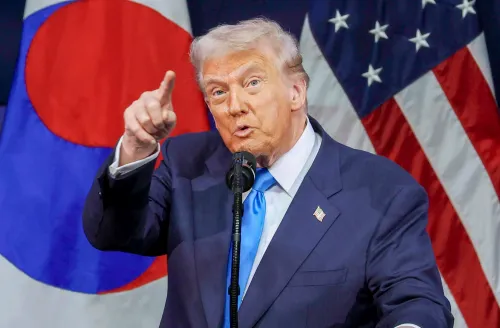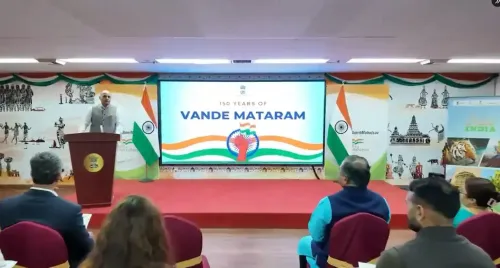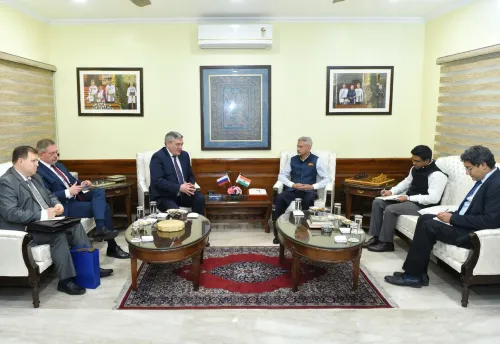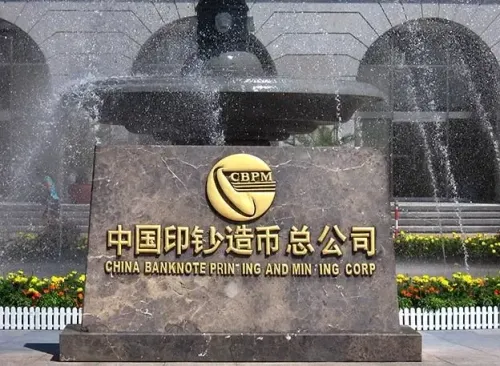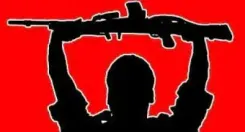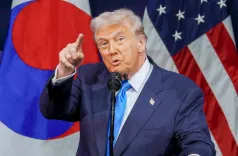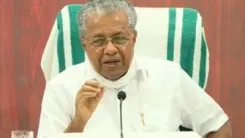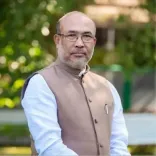Did the US Really Invite Pakistan's Military Chief to the Washington Parade?
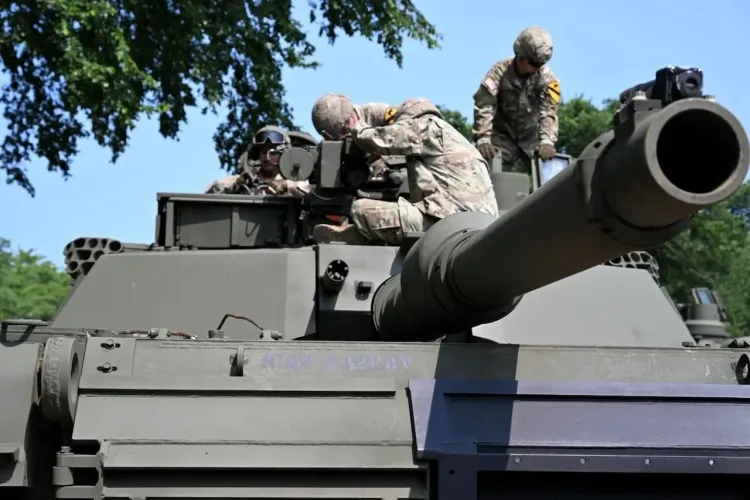
Synopsis
Key Takeaways
- No invitation was extended to Pakistan's military chief for the Washington Military Parade.
- The White House emphasized that no foreign military leaders were invited.
- Opposition parties in India attempted to leverage the situation against the Modi government.
- The parade commemorates the founding of the US Army on June 14, 1775.
- This event is a rare display of military capability for the US.
New York, June 15 (NationPress) In a significant blow to those spreading false narratives aimed at creating a diplomatic divide between the US and India, the White House has firmly stated that Pakistan's military chief, Asim Munir, did not receive an invitation to the Washington Military Parade scheduled for Saturday.
"This assertion is incorrect. No foreign military leaders were invited," a White House representative clarified regarding the rumors about an invitation extended to Munir.
Critics of India and various opposition parties took advantage of these misleading reports to challenge Prime Minister Narendra Modi's administration, attempting to instigate tensions between India and the US.
The parade, touted as one of the most significant military displays in the US, serves to demonstrate its defense capabilities while enhancing the public image of US President Donald Trump.
This event marks the formal establishment of the US Army on June 14, 1775, a year prior to the United States gaining independence from British colonial rule.
The timing also coincides with Trump's 79th birthday, during which he will review the troops.
Anticipation surrounds the participation of thousands of soldiers, numerous tanks, various military equipment, helicopters, and parachutists, with aerial displays planned for the afternoon parade.
This occasion is particularly noteworthy as the US does not have a tradition of military parades akin to India's Republic Day or France's Bastille Day.
The last military parade in Washington occurred in 1991 during the National Victory Celebration following the US's success in the First Gulf War, known as Operation Desert Storm.
The erroneous claims regarding the invitation to the Pakistan military chief provided ammunition for India's opposition parties and analysts discussing international relations.
Congress leader Jairam Ramesh, among others, suggested this incident represented a significant failure for Indian diplomacy.
The Shiv Sena-UBT, led by Uddhav Thackeray, expressed in its publication 'Saamana' that India faced a diplomatic setback and accused the Bharatiya Janata Party of being overly supportive of Trump, displaying insufficient outrage over the alleged invitation to Asim Munir.
This revelation of misinformation also served as a setback for Pakistan, which attempted to portray itself as having the upper hand over India after its delegation, led by former Foreign Minister Bilawal Bhutto Zardari, failed to engage with any senior US officials above the UnderSecretary level.

